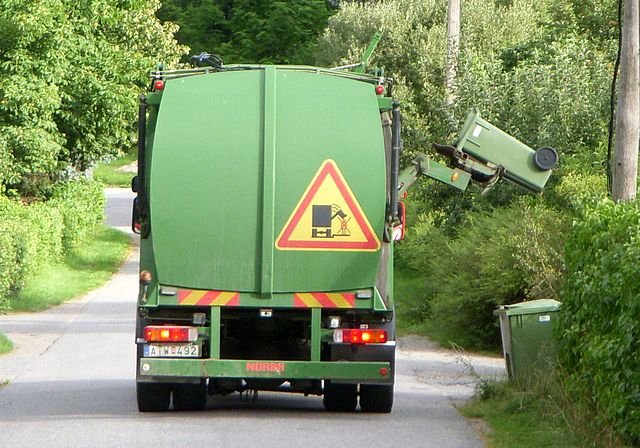Peshawar is among the biggest cities in Pakistan with estimated population of 4 million inhabitants. Like most of the cities in Pakistan, solid waste management is a big challenge in Peshawar as the city generate 600-700 tons of municipal waste every day, with per capita generation of about 0.3 to 0.4 kg per day. Major part of the Peshawar population belongs to low and middle income area and based upon this fact, waste generation rate per capita varies in different parts of the city.
Municipal solid waste collection and disposal services in the city are poor as approximately 60 per cent of the solid wastes remain at collection points, or in streets, where it emits a host of pollutants into the air, making it unacceptable for breathing. A significant fraction of the waste is dumped in an old kiln depression around the southern side of the city where scavengers, mainly comprising young children, manually sort out recyclable materials such as iron, paper, plastics, old clothes etc.
Peshawar has 4 towns and 84 union councils (UCs). Solid waste management is one of their functions. Now city government has planned to build a Refuse Derived Fuel (RDF), Composting Plant and possibly a Waste to Energy Power Plant which would be a land mark of Peshawar city administration.
The UCs are responsible for door to door collection of domestic waste and a common shifting practice with the help of hand carts to a central pick-up points in the jurisdiction of each UC. Town Council is responsible for collection and transporting the mixed solid waste to the specified dumps which ends up at unspecified depressions, agricultural land and roadside dumps.
Presently, there are two sites namely Hazar Khwani and Lundi Akhune Ahmed which are being used for the purpose of open dumping. Waste scavenging is a major activity of thousands of people in the city. An alarming and dangerous practice is the burning of the solid waste in open dumps by scavengers to obtain recyclables like plastics, glass and metals.
Almost 50 percent of recyclables are scavenged at transfer stations from the waste reaching at such points. The recyclable ratio that remains in the house varies and cannot be recovered by the authorities unless it is bought directly from the households. Only the part of recyclables reaching a certain bin or secondary transfer station can be exploited.
In some areas of city where waste is transported by private companies from transfer points to the disposal site out study found that scavengers could only get about 35% of the recyclables from the waste at transfer station.
Considering the above fact, it can be inferred that in case municipality introduces efficient waste transfer system in the city, the amount of recyclables reaching the disposal facility may increase by 30% of the current amount. In case house-to-house collection is introduced the municipality will be able to take hold of 90% of the recyclables in the waste stream being generated from a household.

















